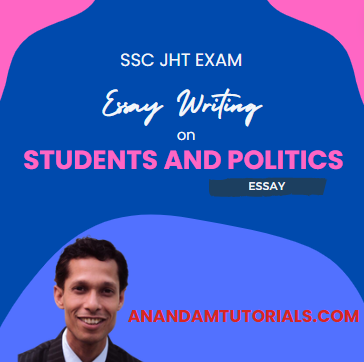Students and politics have been intertwined since time immemorial. Students have played a significant role in shaping the political landscape of their countries, often serving as the driving force behind social and political change.
On one hand, student involvement in politics can bring about positive change in society. Students are often at the forefront of social movements and can use their voices to advocate for policies and reforms that benefit the community. They can also bring fresh perspectives and ideas to the table, challenging traditional thinking and promoting innovation.
On the other hand, student involvement in politics can also be a cause for concern. Political participation can be a distraction from academic pursuits, leading to poor academic performance and hindering future career prospects. Moreover, political involvement can also lead to clashes and conflicts, creating an atmosphere of tension and unrest in educational institutions.
However, students can engage in politics without compromising their academic pursuits. They can participate in political activities in a responsible and organized manner, respecting the opinions and beliefs of others and upholding the principles of democratic dialogue and debate.
In conclusion, students and politics can be a double-edged sword. While political involvement can have both positive and negative consequences, it is crucial that students remain focused on their academic pursuits while engaging in political activities. With responsible and organized engagement, students can become a potent force for change in society, while also fulfilling their academic responsibilities.
